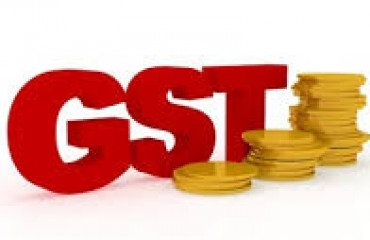
- 28 Aug 2025 05:49 PM
- New
Bhargava bats for lower car GST, says it will power sales
Kei cars for India? Check. Easier regulations? Check. Closer Suzuki ties? Check. Here's what Maruti Suzuki's RC Bhargava has in mind for the world's fourth-largest automobile market
Read More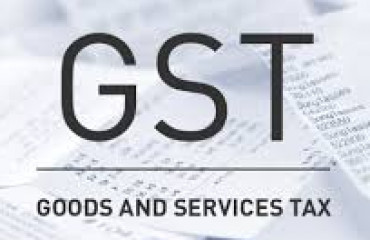
- 28 Aug 2025 05:46 PM
- New
Auto stocks shine amid Trump tariff jitters — MRF, M&M, 6 other stocks recover up to 54% from April lows
Auto stocks: Despite the Indian stock market's decline from US tariffs, the auto sector shone, with the Nifty Auto index gaining 7% in August. Analysts predict that the upcoming GST rationalisation will enhance auto demand, particularly benefiting two-wheelers and small cars.
Read More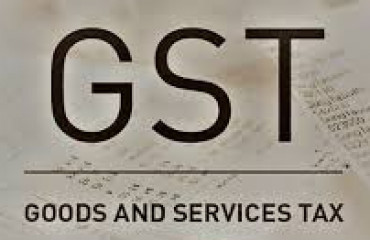
- 28 Aug 2025 05:24 PM
- New
Why cement companies need a concrete pricing fix more than just a GST cut
Shares of Indian cement companies had rallied on expectations that a potential cut in the goods and services tax rate to 18% from 28% would push demand higher and thereby, prices. However, the initial excitement following the 15 August announcement has fizzled out.
Read More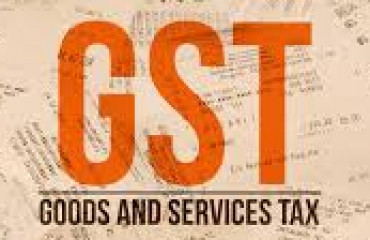
- 28 Aug 2025 05:33 PM
PL Capital sets Nifty target of 27,609, remains overweight autos and consumer
PL Capital predicts the Nifty will reach 27,609 in 12 months, driven by factors like lower inflation and GST 2.0 reforms. The report highlights a durable demand upcycle and emphasizes the importance of reviving consumption for India's growth trajectory.
Read More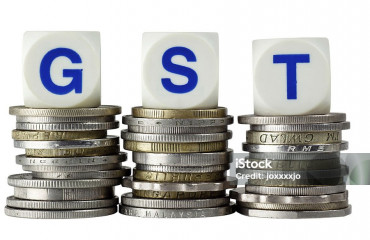
- 27 Aug 2025 06:30 PM
WHO Urges Higher Taxes on Sugary Drinks, Alcohol
Source: https://taxguru.in/goods-and-service-tax/who-urges-higher-taxes-sugary-drinks-alcohol.html
The World Health Organization (WHO) has launched the ‘3 by 35 Initiative’, urging countries to raise taxes on sugary drinks, alcohol, and tobacco by 50% over the next decade. The goal is to curb consumption and prevent related non-communicable diseases. The Indian Ministry of Finance addressed this initiative, clarifying that tax decisions are made by the GST Council, which includes representatives from both the central and state governments. The ministry also noted that taxes on alcohol for human consumption are under the purview of state governments, not the central government. Currently, in India, sugary aerated drinks are subject to the highest GST rate of 28% along with a 12% Compensation Cess. Tobacco products also face a 28% GST rate, with a Compensation Cess that can go as high as 290%. In addition, a separate central duty is levied on tobacco products.
Read More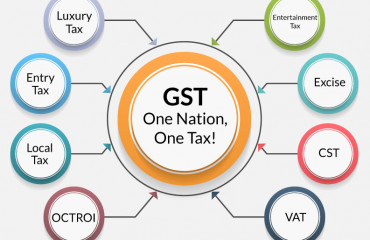
- 27 Aug 2025 06:36 PM
Fraudulent GST Registration using forged or stolen PAN & Aadhaar
Source: https://taxguru.in/goods-and-service-tax/fraudulent-gst-registration-forged-stolen-pan-aadhaar.html
The Ministry of Finance has acknowledged the issue of fraudulent GST registrations obtained through the misuse of stolen or forged PAN and Aadhaar credentials. This fraudulent activity has led to fake invoicing and the passing of ineligible Input Tax Credit, resulting in significant tax evasion.
Read More
- 27 Aug 2025 05:13 PM
Food Ministry forwards veg oil GST refund request to Finance Ministry
New Delhi, Aug 26 (PTI) The food ministry has forwarded the vegetable oil industry's request to the finance ministry, seeking to lift tax refund restrictions with hopes that the GST Council will consider the issue at its next meeting, Food Secretary Sanjeev Chopra said on Tuesday.
Read More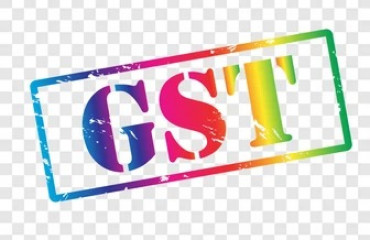
- 27 Aug 2025 05:25 PM
GST reform: Grab this chance to make it bold and beautiful
Indian Prime Minister Narendra Modi’s announcement on Independence Day about launching the next phase of goods and services tax (GST) reforms by Diwali this year adds tremendous heft and seriousness to this long-awaited policy change. There is a lot to be said about its timeliness too—with global headwinds in the wake of US tariff tantrums having dampened sentiment considerably in India’s manufacturing and export sectors.
Read More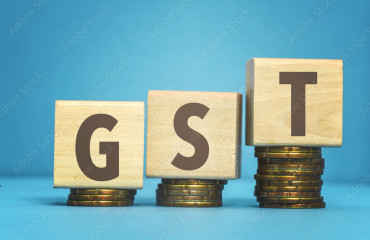
- 27 Aug 2025 05:28 PM
GST reforms: ‘State revenue should be protected, or welfare schemes will be affected’, says Kerala finance minister
Kerala Finance Minister KN Balagopal today said that the Centre's GST reforms, should consider impact on state revenues as this could effect welfare schemes.
Read More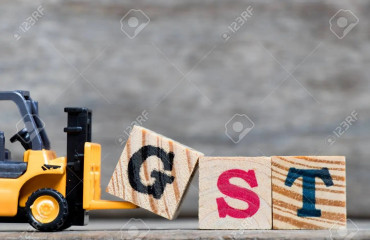
- 27 Aug 2025 05:18 PM
India’s GST database is a gold mine for just-in-time policy responses
In an economy as vast as India’s, timing is everything. Policymakers need to know not just what is happening, but when. Yet, our most important measure of economic performance, gross domestic product (GDP), has a timeliness of two months to one year. Quarterly GDP figures arrive two months after the period they pertain to. By then, the ground reality may already have changed.
Read More